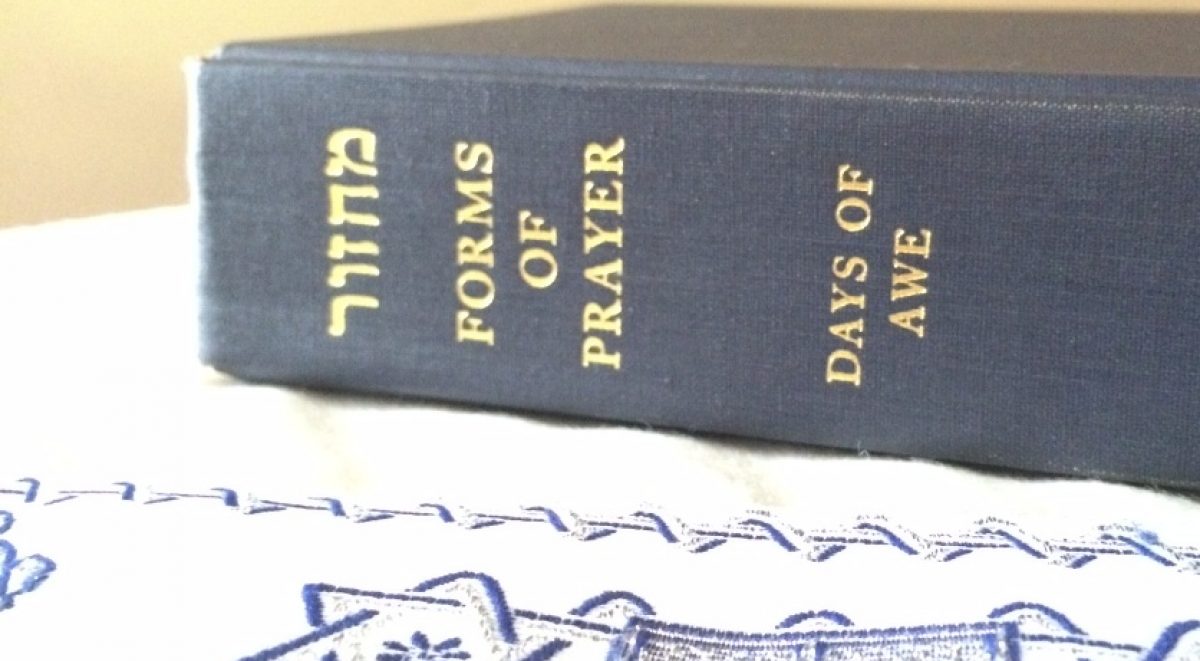
You know the list of sins – in alphabetical order – we read every year in the Machzor? I find that my feelings about it change from year to year. Sometimes I can assure myself that most of this list doesn’t refer to me specifically. I haven’t robbed or stolen, or been violent.
At other times, I can understand that all the things I have done, while perhaps less dramatic, have been equally serious to my spiritual health. Gossiping, being cruel, yielding to wrong desires and, especially, being weak are the sorts of transgressions that creep up on one, and are therefore harder to combat. I have read that the original list of sins was only six items long, covering those committed under duress, of our own will, in secret, in public, unconsciously and consciously, but that the liturgy grew as so many of our prayers have over the years. Is it better just to group “sins” together, or to detail them painstakingly? Which method is more likely to aid understanding? I see no need to be specific, we each know where our weaknesses lie.
A recent group working on modifying and updating the Machzor chose to use many words in English for the three Hebrew words which are most often translated as ‘sin’. Some translations they selected were “evil”, “transgressions,” “harm,” “immorality,” and “missed the mark”. For English speakers, I think these words work well, helping to show that we are letting ourselves down when we participate in these more banal activities – that these misdeeds creep up on us and, as the year ticks by, are easy to ignore or forget. All the more reason to try to remember them now, and, more importantly perhaps, try to figure out how not to let them creep up on us again during the next year. That’s what I am trying to think about in this period before the High Holy days.
Joanna Koenigsberg
